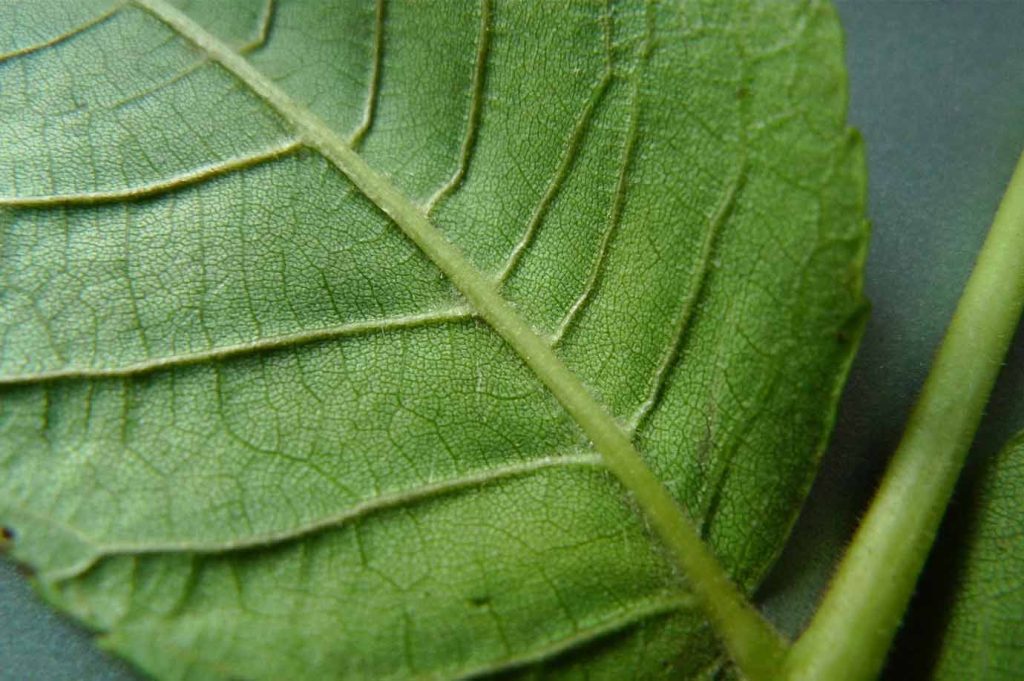
No products in the cart.

Black walnut (Juglans nigra) is a tree known for its dense wood and edible nuts—but in herbal medicine, it’s the leaves and outer hulls that hold powerful therapeutic potential. Used for centuries in natural medicine, black walnut leaf is valued for its ability to support skin health, inflammation, and microbial balance.
a tree known for its dense wood and edible nuts—but in herbal medicine, it’s the leaves and outer hulls that hold powerful therapeutic potential. Used for centuries in natural medicine, black walnut leaf is valued for its ability to support skin health, inflammation, and microbial balance.
As part of our Parasite & Heavy Metal Detox Duo, black walnut leaf plays a key role in supporting the body’s natural detoxification systems while addressing common microbial imbalances.
Historically, black walnut leaf has been used to:
Treat eczema, scrofula, and dermal inflammation
Reduce itching, sunburn, and scalp dandruff
Calm fevers (applied to the forehead or body)
Alleviate rheumatic joint pain and swelling
Help reduce excessive sweating of hands and feet
These traditional uses were largely based on topical applications using infusions or crushed leaf poultices, but the plant’s bioactive compounds are now being explored for deeper systemic support.
1. Tannins
Black walnut leaves are rich in tannins—plant compounds that have strong astringent, anti-inflammatory, and antimicrobial effects. Tannins can help reduce swelling and irritation and are thought to play a role in supporting the immune system’s response to infection and toxic buildup.
2. Juglone
This naturally occurring compound is found in higher concentrations in walnut species and is known for its antifungal, antibacterial, and antiparasitic properties. It has been shown in lab studies to disrupt the metabolic processes of certain pathogens, making it an effective herbal ally in cleansing protocols.
3. Polyphenols and Essential Oils
These contribute antioxidant effects that support tissue health and cellular resilience, particularly in inflammatory skin and gut conditions.
Black walnut leaf was chosen for our Parasite & Heavy Metal Detox Duo because of its broad-spectrum bioactivity:
Supports Microbial Balance: The antimicrobial effects of juglone and tannins help target unwanted organisms in the gut, including parasites, yeast, and certain bacteria.
Astringent Properties: Tannins help tone and tighten tissues, which can be helpful in flushing waste from the GI tract and reducing mucous buildup.
Systemic Detox Support: As part of a synergistic blend, black walnut works alongside other herbs to promote elimination pathways, liver support, and overall cleansing.
Historically Trusted: Used in traditional worming and anti-parasitic herbal formulas for generations, black walnut has a long track record of success in natural detox protocols.
We pair black walnut with other botanicals like wormwood, clove, and binders to create a well-rounded, comprehensive approach to internal cleansing.
 Allergy & Safety Considerations
Allergy & Safety ConsiderationsNut Allergy Alert
While black walnut leaf is not the nut itself, individuals with tree nut allergies—especially to walnuts—should approach with caution. Even topical or encapsulated forms could cause cross-reactions in highly sensitive individuals.
Not Recommended During Pregnancy or Breastfeeding
Due to its potency and lack of conclusive safety data, black walnut products are not recommended for use during pregnancy or nursing unless supervised by a qualified practitioner.
Patch Test for Topical Sensitivity
While less common in capsule form, skin sensitivity is possible with extracts or salves. Always patch test topical products and discontinue use if irritation occurs.
Black walnut leaf is a deeply grounding and powerful botanical that brings more than just surface-level skin support. Its traditional reputation as a cleansing, antimicrobial herb makes it a perfect fit for our detox protocols, especially for those seeking a natural way to rebalance the gut and clear environmental toxins.
As always, consult your healthcare provider before starting any new supplement—especially if you have known allergies or are on medication.
These statements have not been evaluated by the Food and Drug Administration. This product is not intended to diagnose, treat, cure, or prevent any disease.
Copyright © 2026, Elite Potion
Leave a comment